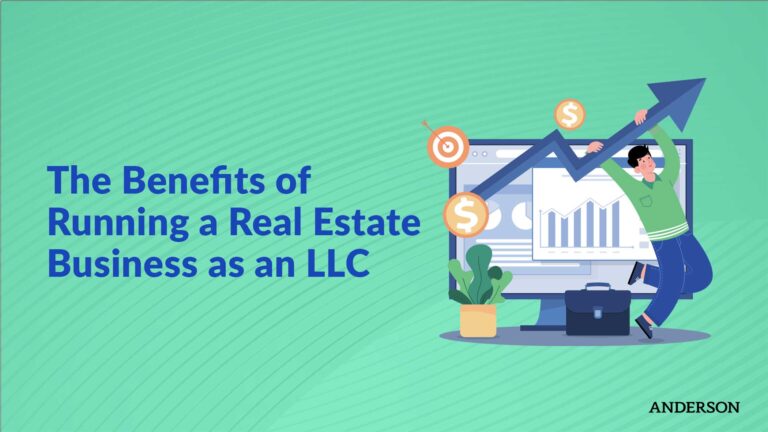What entity is the best for your investing or small business? Toby Mathis, Esq. explains the differences and advantages of S corporations, C corporations, and LLCs.
If you’ve ever considered creating a business entity for your investing and/or small business, you may have some questions about which entity is right for you. When choosing between business entities, you must first know the advantages and disadvantages of each type.
It’s important to keep in mind that there are two different levels on which business entities operate: the state level and the federal level. These two levels do not always align. Next, bear in mind that there are state entities, then there’s federal taxation of those state entities.
There are three types of corporations: the traditional C corporation, the closely-held S corporation, and the tax-exempt nonprofit corporation. Many hold the misconception that there are only two types of corporations when, in fact, there are three. In the for-profit realm, however, there are only two: C and S corporations.
C Corporations
Traditional C corporations pay their own tax. Right now, that tax rate is a flat 21% at the federal level. State tax rates will vary. If the C corporation pays out profits to its shareholders as dividends, then shareholders will pay taxes on these dividends at the long-term capital gains rate. This is the dreaded “double taxation” that many accountants cite when discouraging the use of C corporations.
Usually, C corporations don’t pay anything out. Most C corporations (around 80%) do not pay out dividends to shareholders. Oftentimes, C corporations will keep the money in the business and instead find other ways to get the money out, including wages.
S Corporations
With closely-held S corporations, the S corporation’s taxes pass down to you, the owner. The reason accountants generally like S corporations is because using this entity avoids self-employment taxes. The self-employment tax (SE tax) includes FICA taxes (Social Security and Medicare). Collectively, this is referred to as the “self-employment tax.” S corporations avoid paying self-employment taxes on their profits. You have to take a small salary, but after that, you can get money out of an S corporation without paying the self-employment taxes you would be paying if that money was made in your own name as a sole proprietor or partner in a partnership.
Cumulatively, self-employment taxes amount to 15.3%. There is a partial deduction that brings that amount down to about 14% on the first $130,000, then the deduction phases out depending on income level.
LLCs
LLCs don’t exist in the eyes of the federal government. They are a state-level entity. Thus, you tell the IRS how to tax your LLC. For an LLC’s taxation election, you can choose between a C corporation, S corporation, partnership, or disregarded entity.
Which Entity Is Right for Me?
It’s impossible to know which business entity is right for you without knowing the facts and circumstances of your situation, business, and investing. To know which business entity is right for you, it’s critical that you work with a qualified advisor who knows what they’re talking about and has specific insight into the facts and circumstances.
For instance, if you’re a doctor or another high-income earner, you may not want more money landing on your tax return. In that case, a C corporation may be the best option because you can leave the money in the corporation. If you don’t need the money to live, then you could take a smaller salary right now and keep more in the C corporation. In the future, you could always start drawing it out as a salary.
Growing Your Business
There’s another essential concern when it comes to selecting a business entity that many accountants overlook: growing your business. Accountants and people alike can become so focused on lowering their taxes that they miss the bigger picture. For example, if you’re a real estate investor, you need to take out wages because that’s essential to acquiring funding for your deals. If you take away all your income, you may eliminate taxes, but you also severely debilitate your ability to borrow money to leverage into more deals. This is why you can’t just zero-in on tax liability. There’s a bigger picture when it comes to growing your business.
Overall, the most important element in selecting your business entity is to work with a qualified professional. Here at Anderson Advisors, we’ve helped thousands of clients all over the country select the best structure to lower their taxes and protect their assets while aggressively growing their businesses.
As always, take advantage of our free educational content and every other Tuesday we have Toby’s Tax Tuesday, a great educational series. Our Structure Implementation Series answers your questions about how to structure your business entities to protect you and your assets
Free Strategy Session with an Anderson Advisor
Receive a detailed risk assessment to assist in lowering problem areas that could wipe out all of your assets with one wrong move. Speak with an Anderson Professional Advisor to get your FREE Strategy Session.
Limited-Time Offer: ($750 value.)











